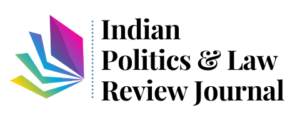208th Law Commission Report – A Critical Reflection
The Hindu Codified Law or the Hindu Code is the primary source of governance for all Hindus in India. Its constituents include four major acts viz. the Hindu Marriage Act 1955, the Hindu Adoptions and Maintenance Act 1956, the Hindu Minority and Guardianship Act 1956 and the Hindu Succession Act 1956. After their promulgation, these […]
208th Law Commission Report – A Critical Reflection Read More »
